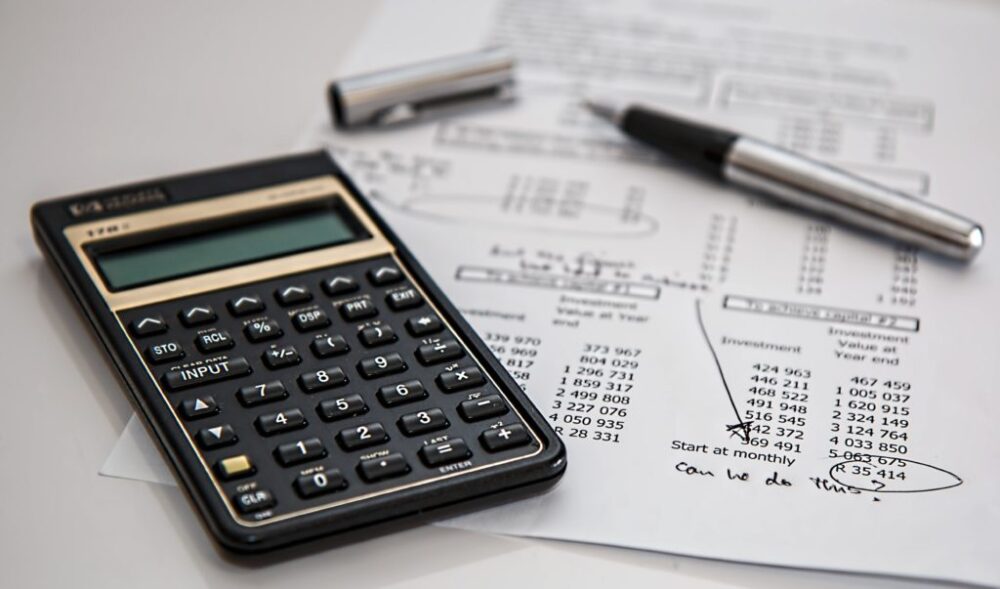Undergoing bankruptcy proceedings may help you achieve the financial relief you vied for. However, it may not get you off the hook entirely. That is, you may still have to carry the financial burdens of certain debts, known as your non-dischargeable debts. Follow along to find out how to deal with your non-dischargeable debts and how a proficient Louisville, Kentucky consumer bankruptcy lawyer at Schwartz Bankruptcy Law Center can help you produce a comprehensive plan.
What are dischargeable versus non-dischargeable debts in bankruptcy?
As the name suggests, dischargeable debts are the debts you may discharge or eliminate from your immediate financial responsibility after filing a bankruptcy declaration. This is all for the sake of helping your current financial situation become more manageable. Some example debts that qualify for discharge are outstanding medical bills, past-due utility bills, credit card debts, and personal loan debts to friends, family members, or others.
Contrastingly, non-dischargeable debts cannot and will not be released during your bankruptcy proceedings. This means your owed creditors may still be allowed to pursue you until you pay them back in full. Certain debts cannot be discharged because the Kentucky bankruptcy court may see them as stemming from your acts of wrongdoing or financial obligations you cannot ignore. Examples of this are your criminal restitution or owed compensatory damages after a personal injury lawsuit, along with your outstanding debts from child support and spousal support obligations.
How do I deal with non-dischargeable debts in bankruptcy?
There may be no way to get out of paying off your non-dischargeable debts. However, there are certain things you can do to ensure that you are released from your financial obligations for every last dischargeable debt. This is a roundabout way of making your non-dischargeable debts more manageable to pay off.
For one, if you are undergoing Chapter 7 bankruptcy proceedings, you must understand that you are not guaranteed the discharge of your eligible debts. Rather, you must ensure you fulfill all your obligations as a bankruptcy petitioner under the bankruptcy code. This means providing necessary documents, attending mandatory meetings, and more. Arguably most importantly, this means listing all your debts in your initial bankruptcy petition. Ultimately, a failure to disclose your debts may mean a failure to be granted a discharge for them.
Secondly, if you are undergoing Chapter 13 bankruptcy proceedings, you must understand that you must provide the court with your proposed repayment plan. So, within this repayment plan, you must disclose how you intend to pay off your non-dischargeable debts within the next three to five years. Here, it does not help if you leave out certain debts, as the court and your creditors will not forget about them.
In the end, the best way to deal with non-dischargeable debts in bankruptcy is to seek the support of a talented Louisville, Kentucky consumer bankruptcy lawyer. So please call us at Schwartz Bankruptcy Law Center today.

